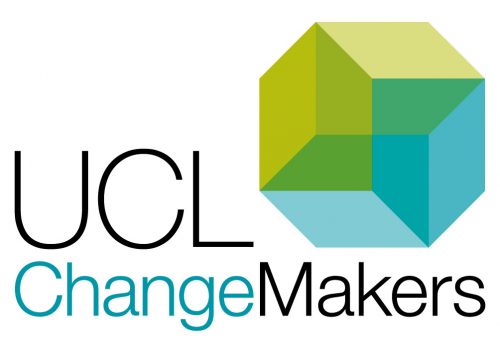The team
Staff: Richard Osborne, Sophia Macblain
Students: Baljeet Kaur, Zuzanna Kocjan, Surrabhi Luthra, Noella Kalasa, Shim Shim, Mark Rassam, Kate Trollope, Anita Allikmets, Raj Ramani, Jiguang Yu
Department
MAPS faculty office
What happened?
One of the consequences of the global pandemic that began in March 2020 was a huge increase in use of the centrally managed Moodle Virtual Learning Environment at UCL. Realising this early on, the Digital Education team responsible for supporting the VLE acted rapidly to produce extra guidance and support so that new content could be produced to a high standard. However, this was very much a self-service model, as the number of support staff available to help adapt existing content fell far short of providing one-to-one assistance. The sheer volume of new content that was required, under very short timescales, combined with a wide level of digital literacy across the academic population, naturally led in turn to a wide range in quality in terms of the content that was created. Subsequent student surveys, run not only in the MAPS faculty but also across UCL – and indeed the wider sector – revealed the impact of this wide range in quality in terms of the student experience. Whilst individual modules were often in themselves internally consistent, and potentially even very creative, students tended to have a wider ‘diet’ of modules than individual staff perceived, hence they had to contend with a wide range of course design choices, approaches to organization, and activity types, to name but three elements of online course creation. The purpose of this project was to evaluate the student experience of online learning by analysing all currently running modules in the MAPS faculty, utilising a simplified version of the guidance on good practice created by Digital Education. The overall objective was twofold: to reveal the extent of good practice across the faculty, and to focus support services where they were most needed. Early analysis has been promising, revealing some excellent organising of student activities, clear contact and communications, and detailed assessment information; but it has also revealed some areas where key information is absent, occasional pages which are too long and badly organised, and some missing “Have your say” sections, meaning students have no way to offer their own module evaluations. Future work is now planned to celebrate the good work that has been achieved and start to address obvious shortcomings where they have been identified.
What advice or encouragement would you give to someone thinking of doing a ChangeMakers project?
Give yourself plenty of time to plan events and structure your project well ahead of time. Personally, I found the three stages of the project in the application form (1. Preparing, 2. Undertaking, 3. Identifying / Sharing) very useful in terms of shaping what I hoped to achieve, especially when used alongside the UCL calendar.
